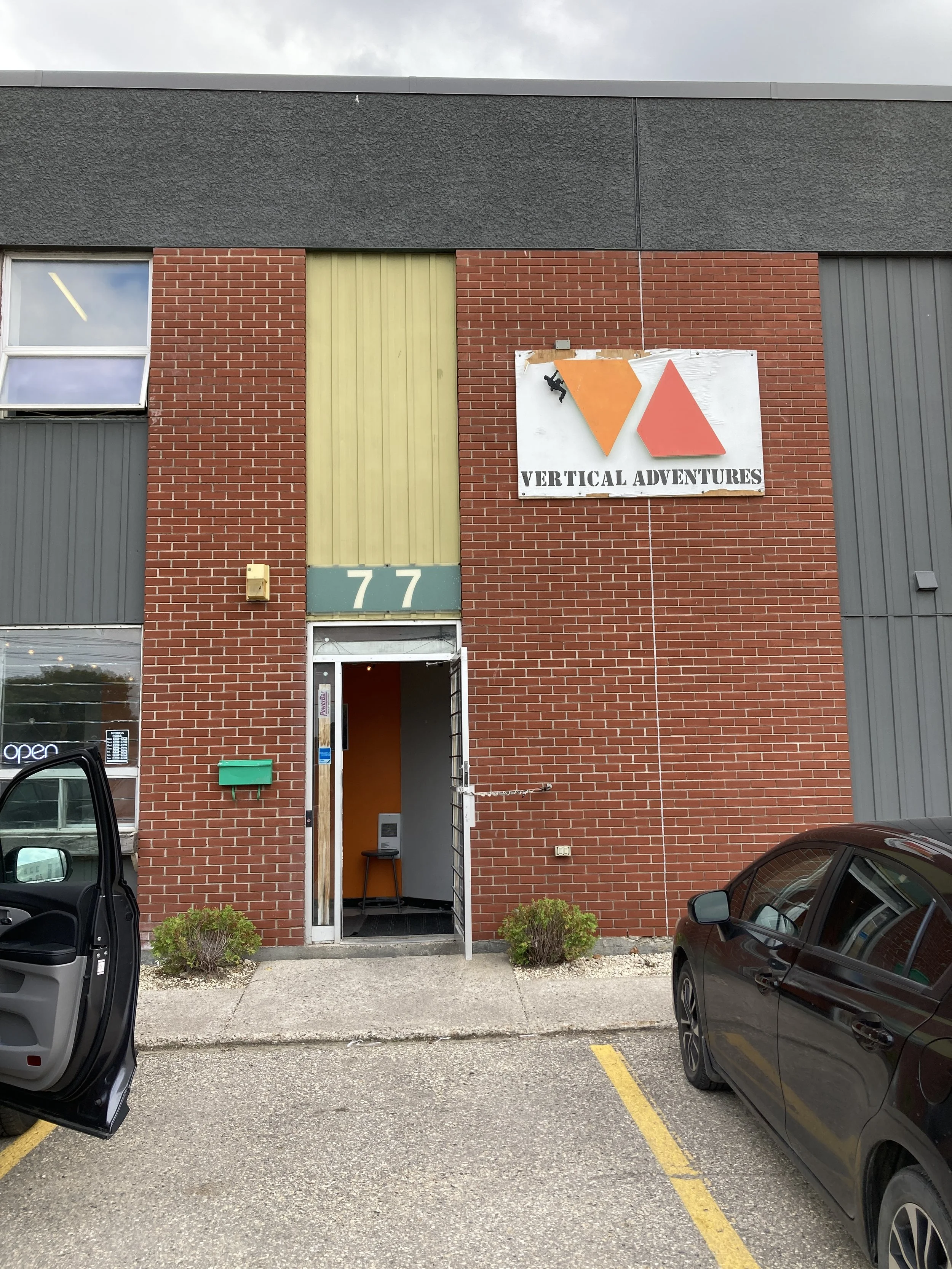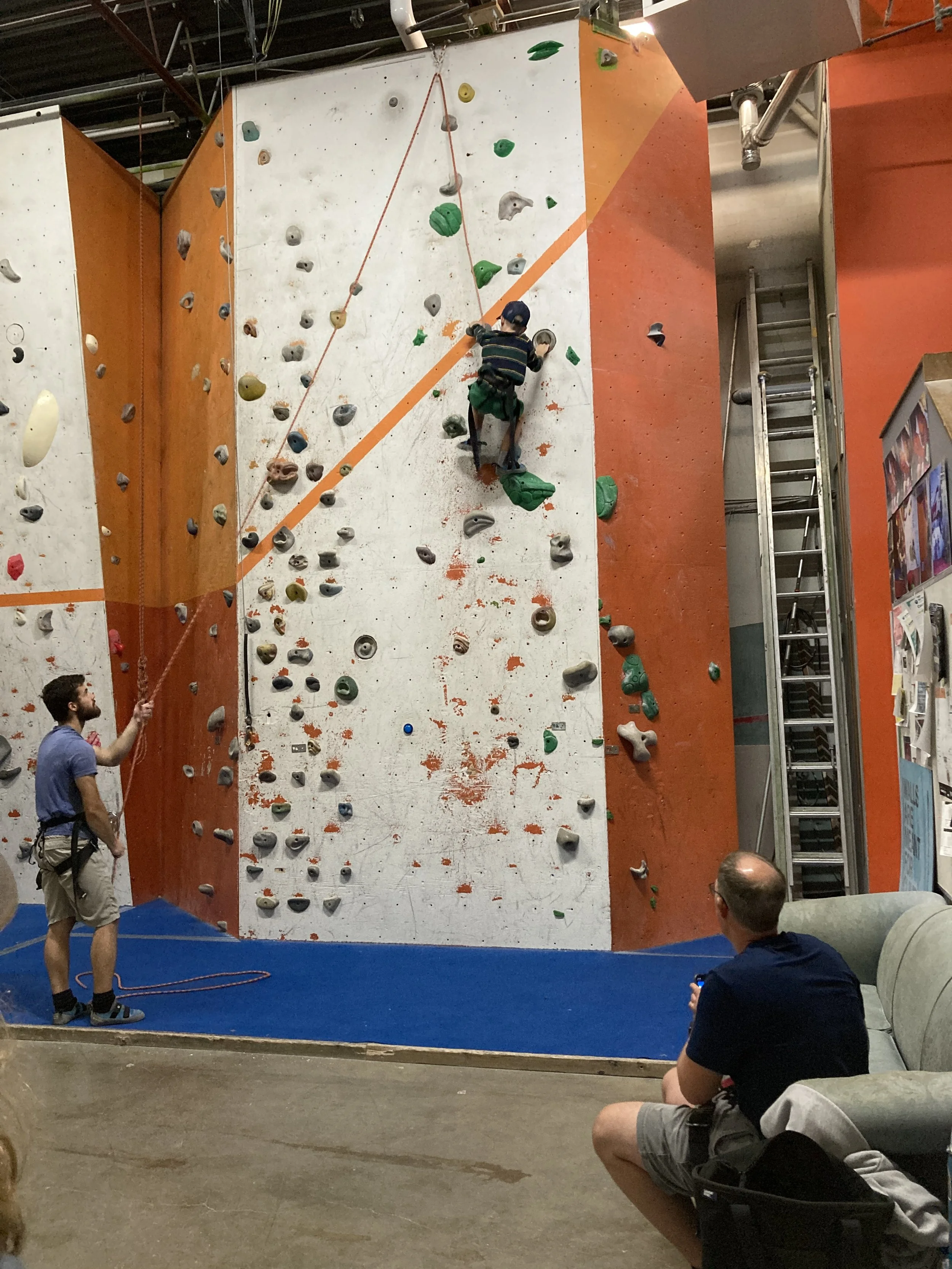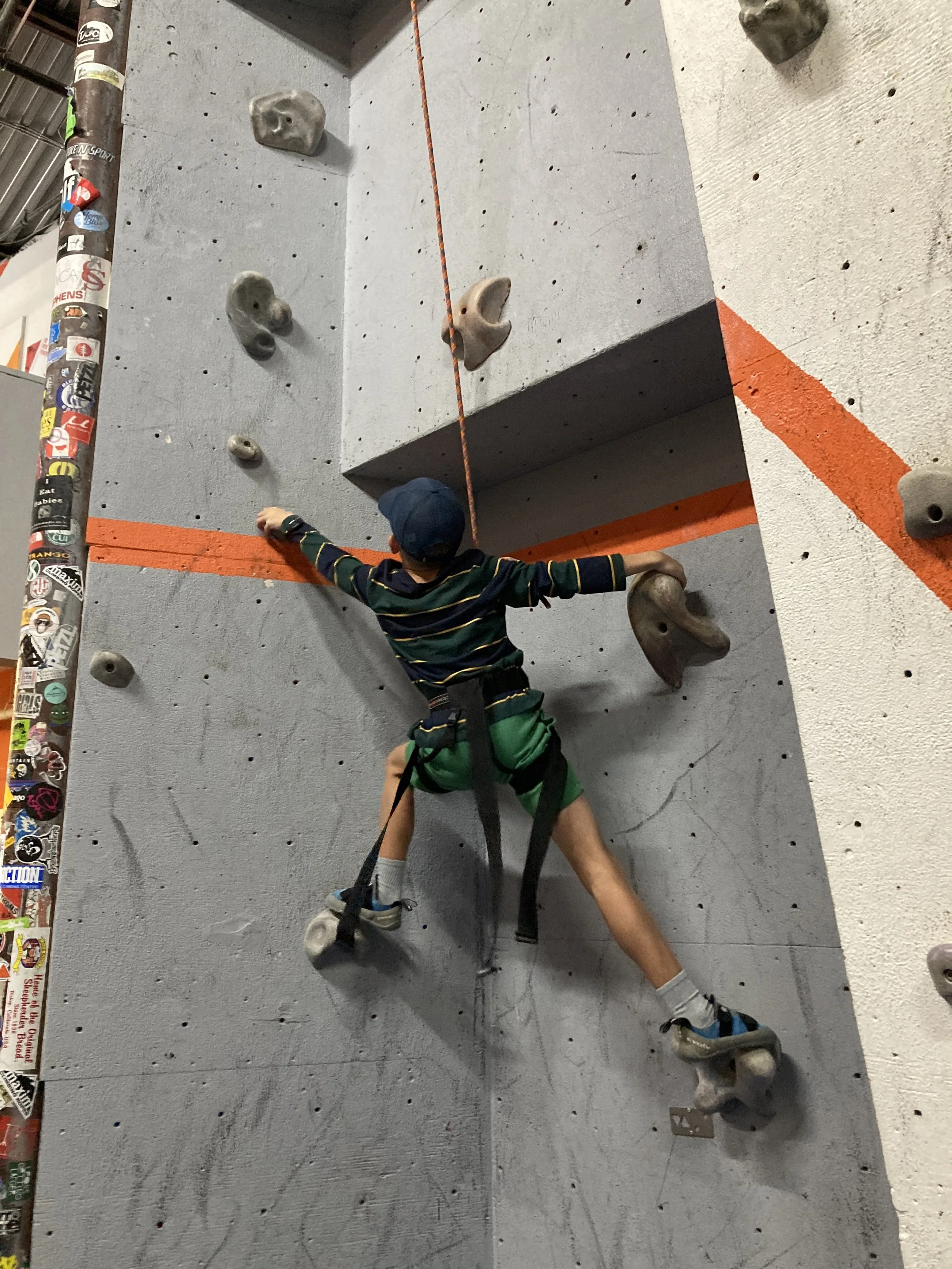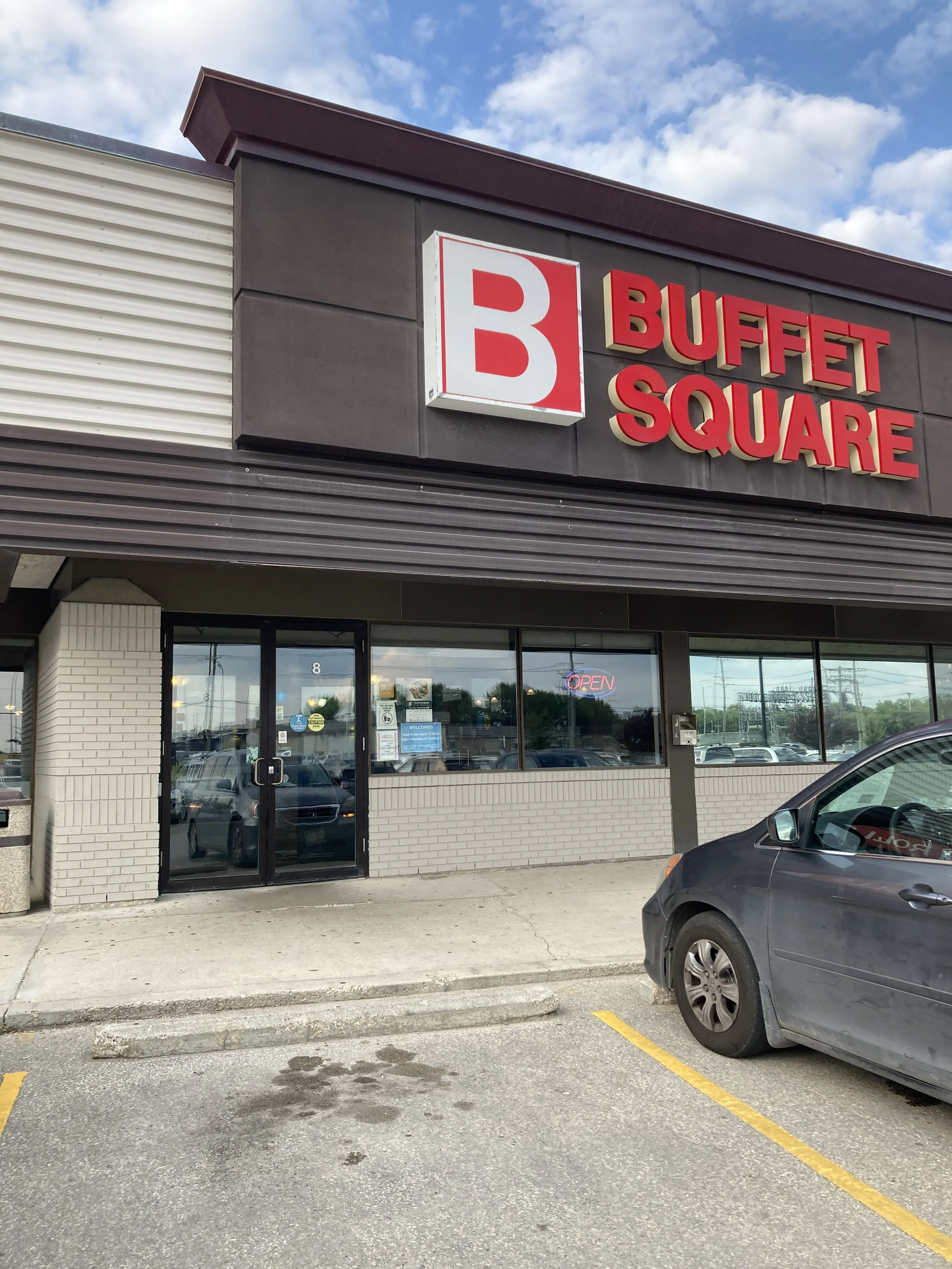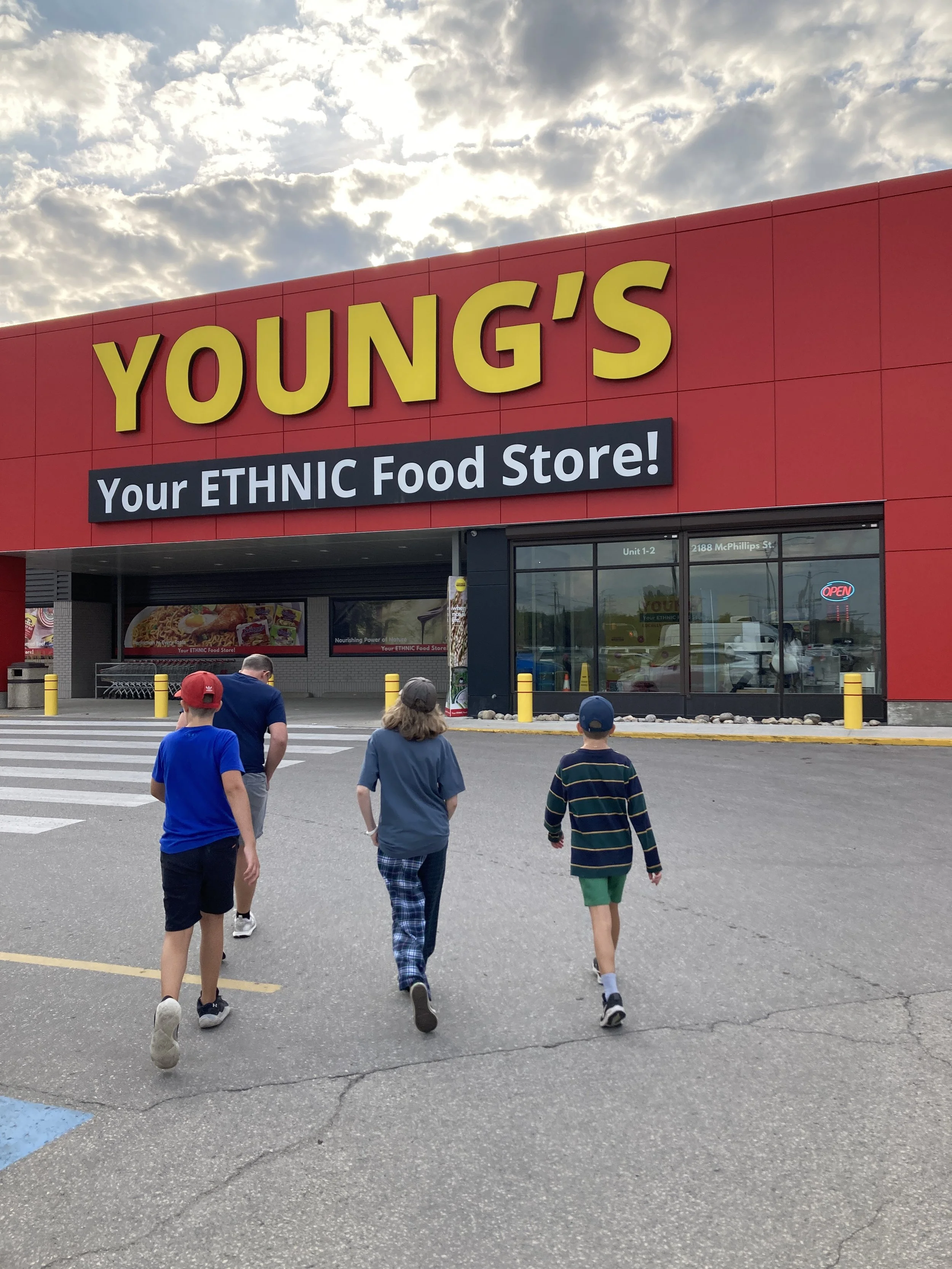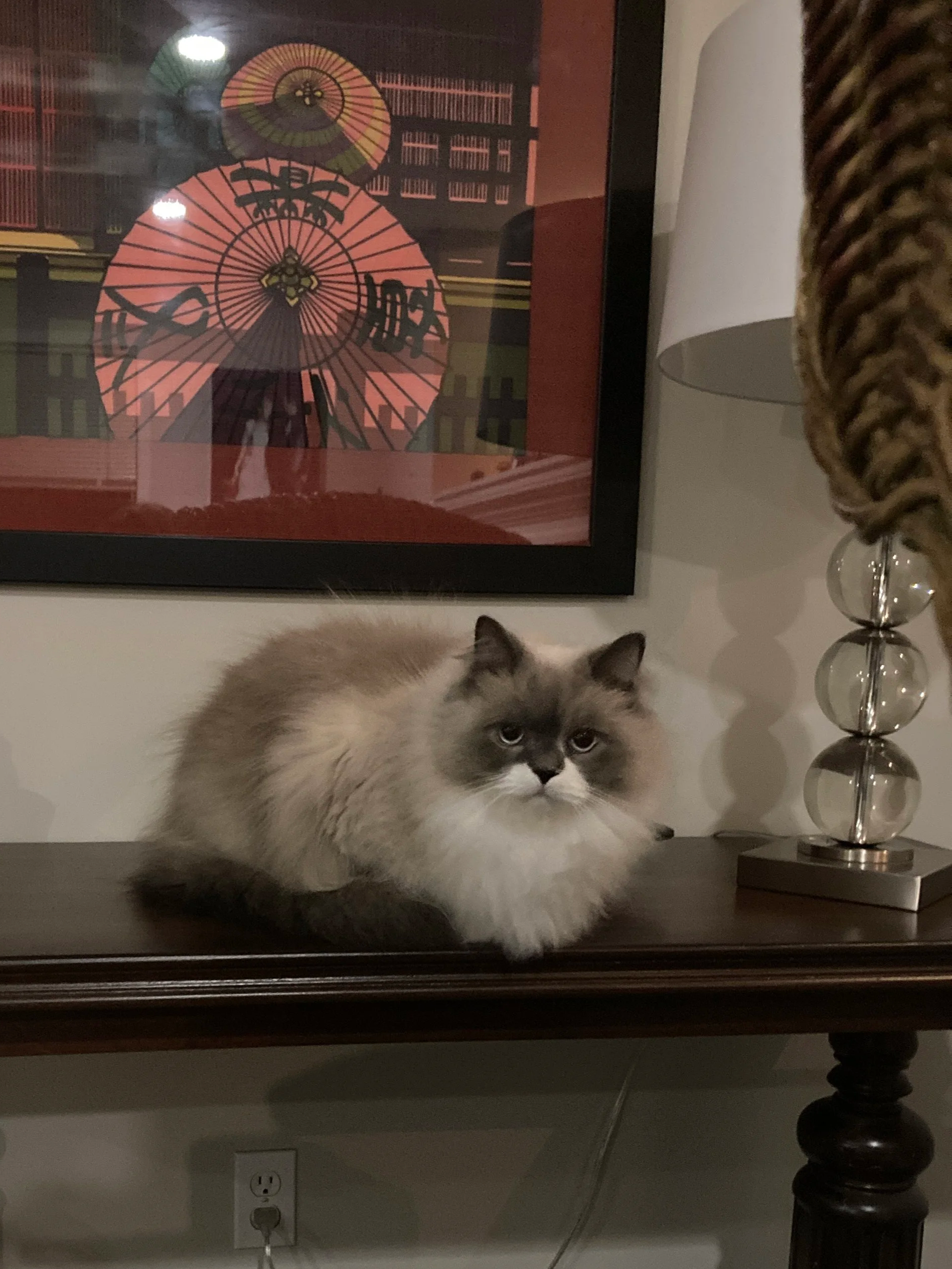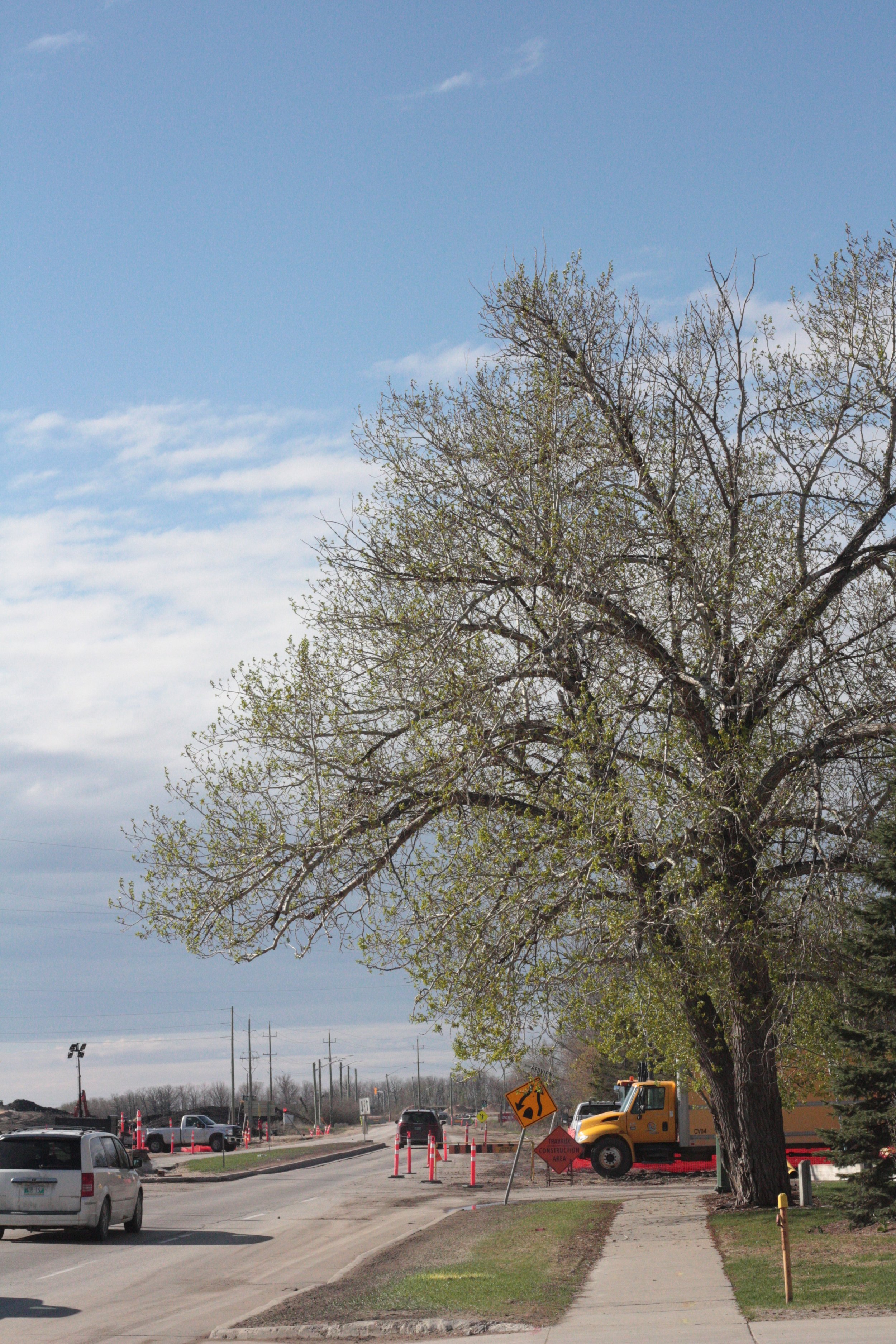Reading
Last month I picked up Peter Taylor’s A Summons To Memphis to read in spare moments during our road trip West. Taylor’s writing floats the reader along a lazy river of attenuated events, such that the book was done before the visit was over. It begins genially enough but soon, as Francine Prose writes: “discord [in the family] will turn out to have less to do with property and real estate than with resentment, revenge, power, the inability to love, and the impulse to control and destroy one another’s lives.” (p 102) (Maybe that’s why I felt a little let down at the end? I get duped by seemingly-optimistic tones at the beginning of things.)
A passage I liked from the book reads:
During the days and weeks that followed Holly and I talked of almost nothing by our two families and of the problems of looking after old people - of looking after aged parents in particular. Holly was meanwhile receiving letters about her father’s discontent with the ‘retirement home’ that he had been moved to. Any my sisters begin writing me about the new onset of Father’s neuropathy and his senile diabetes. In both cases - mine and Holly’s - we were urged to come home, if only to help cheer the patients. We neither of us considered going, but we went on talking about our fathers. If one could not bear to be with them, if only because of temperament, then how was one to offer protection and care? We were like a couple that finds itself bringing up children when there is no natural liking for children in either parent. (p 156)
Another book from the reading list done!
Emotional intelligence
Previous to watching this short video, I’m not sure I could have explained what co-dependency meant. Having watched it now more than once, and recognizing that it is a tendency I often had in the past, I’m relieved to see that age and maturity have, first, given me the awareness to notice it, and second, the security to move away from it.
In her latest newsletter, Mckinley Valentine writes about a distinction between use of the words “trauma” and “conditioning” that I really liked. It can be found under the heading “Unsolicited Advice” and I would be doing it a disservice to copy and paste only a part of the (already fairly short) section.
Relatable
Sometimes you hear someone else say something you yourself have felt but never expressed. It’s like that person got in your head and delivered your opinion for you. This week, it happened while reading Leandra Medine Cohen’s substack The Cereal Aisle. She writes:
I think the greatest insight from this vantage is that I max out at like, ten days of not doing anything. 5-6 days is the sweet spot for a recharge. Day 10 is when the direction of the slope changes — like the peak turns towards valley. You know what though? While in the past I’ve convinced myself that this difficulty bathing in the blankness has meant that I am addicted to productivity like it is a Very Bad Thing — the function of my free mind’s possession by a culture gone terribly awry, I am more convinced now that it more likely reinforces the idea that purpose gives us meaning. Getting up everyday and having something to do is a blessing in and of itself. Loving what you do is practically euphoria.
There’s a freedom in recognizing this, even more in actually articulating it because now I know: every time that lazy voice comes out to be like, “But I don’t wanna!,” there is another voice to challenge it from right around the corner being like, “Lol, yes you do.”
And indeed, making supper for the family after a four-day hiatus, getting to sit at my desk and resume mundane projects make me happy!
Celebrating a birthday
We celebrated our newly 11-year old’s birthday this week with a first-time visit to Winnipeg’s Vertical Adventures.
We all stepped into a harness and after a brief demonstration, attempted climbs according to difficulty. It was a relaxed, novel way to spend an hour or so together.
Being on the opposite end of the city was a little like being a tourist and we stopped at Buffet Square for supper and visited Young’s Market in search of an ice-cream treat I’d seen described on TikTok.
(They were out! But it was ok… everyone was still full from the buffet!)
Eating
This week we tried the latest from Deb Perelman’s website, a Grilled Chicken Salad with Cilantro-Lime Dressing, and wow! A real weeknight treat: easy to make, unexpectedly delicious, and, if you lay it out “composed” style (i.e. each ingredient piled separately), the kids can choose what they like. In fact, Christian suggested we make it a second time for his family on Sunday.
Guest Adam Roberts on the podcast “The Dinner Plan” has three rules for hosting: 1. Never let them see you sweat. 2. Pace it out so that it’s not rushed. 3. Don’t skimp on dessert. While I’m still working on rules 1 and 2, I must say the third has never once been a problem for me. I love dessert. Sometimes it’s the first thing I think about. My son requested brownies, and so I went all in with a classic; Ina Garten’s Outrageous Brownies. And they were perfect!
Postcards
I’ve been taking walks in the evening, and am loathe to bring my phone along on hot days when I’d prefer to make my way as lightly as possible. I think it’s one of the aspects of summer that is so enjoyable… you can up and go with pants and a t-shirt and little else. Scenic pictures are therefore lacking. Should we do the dog instead, in a funny stair-case posture?
Or our friends’ cat, that is a breed called Ragdoll? (So soft!)
Or my favourite penguin, since spotting it at the Calgary zoo? (It’s called macaroni penguin!)
(Thanks to MH and Anna for sharing Enzo and penguin pictures!)
Wishing you a lovely week ahead!
